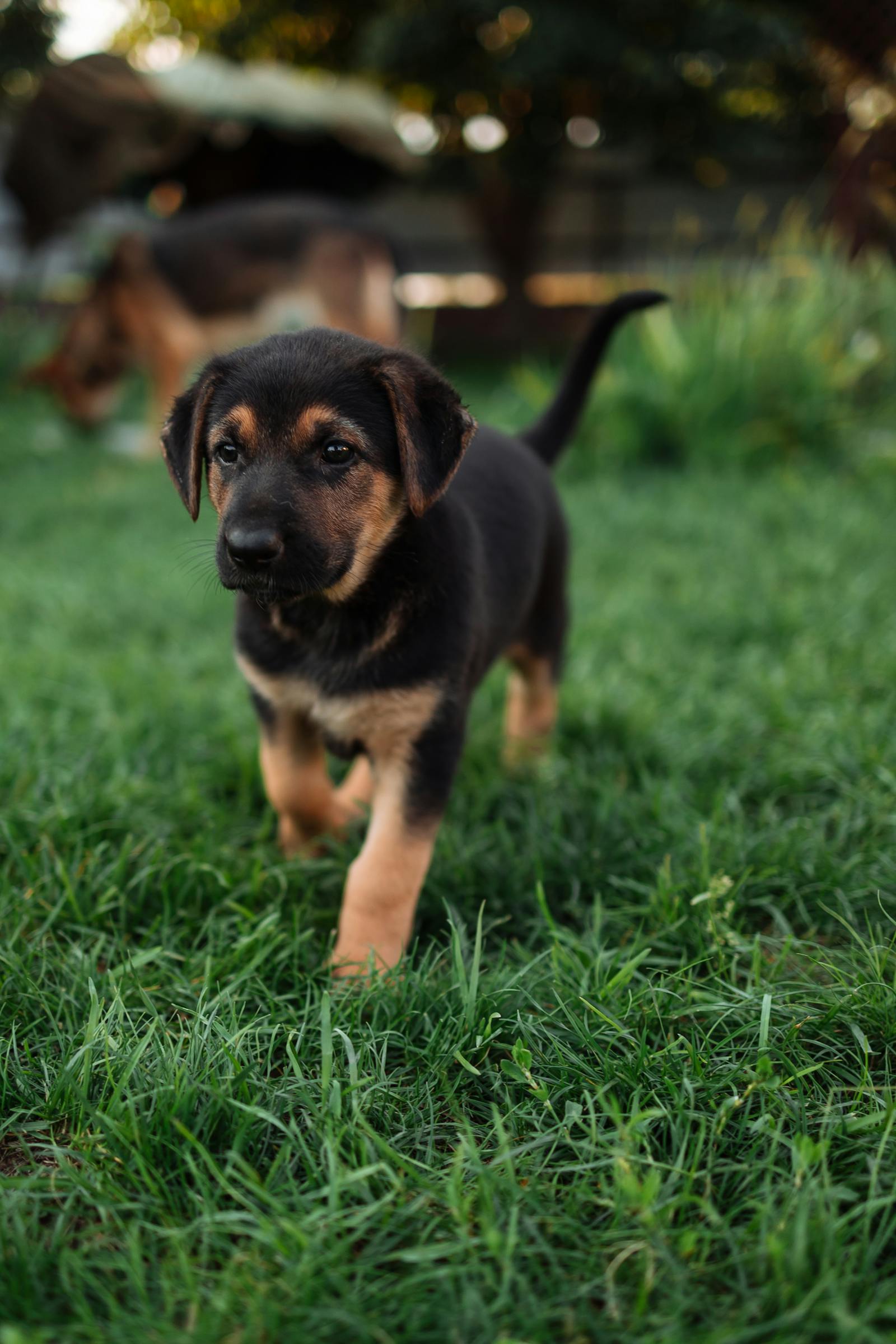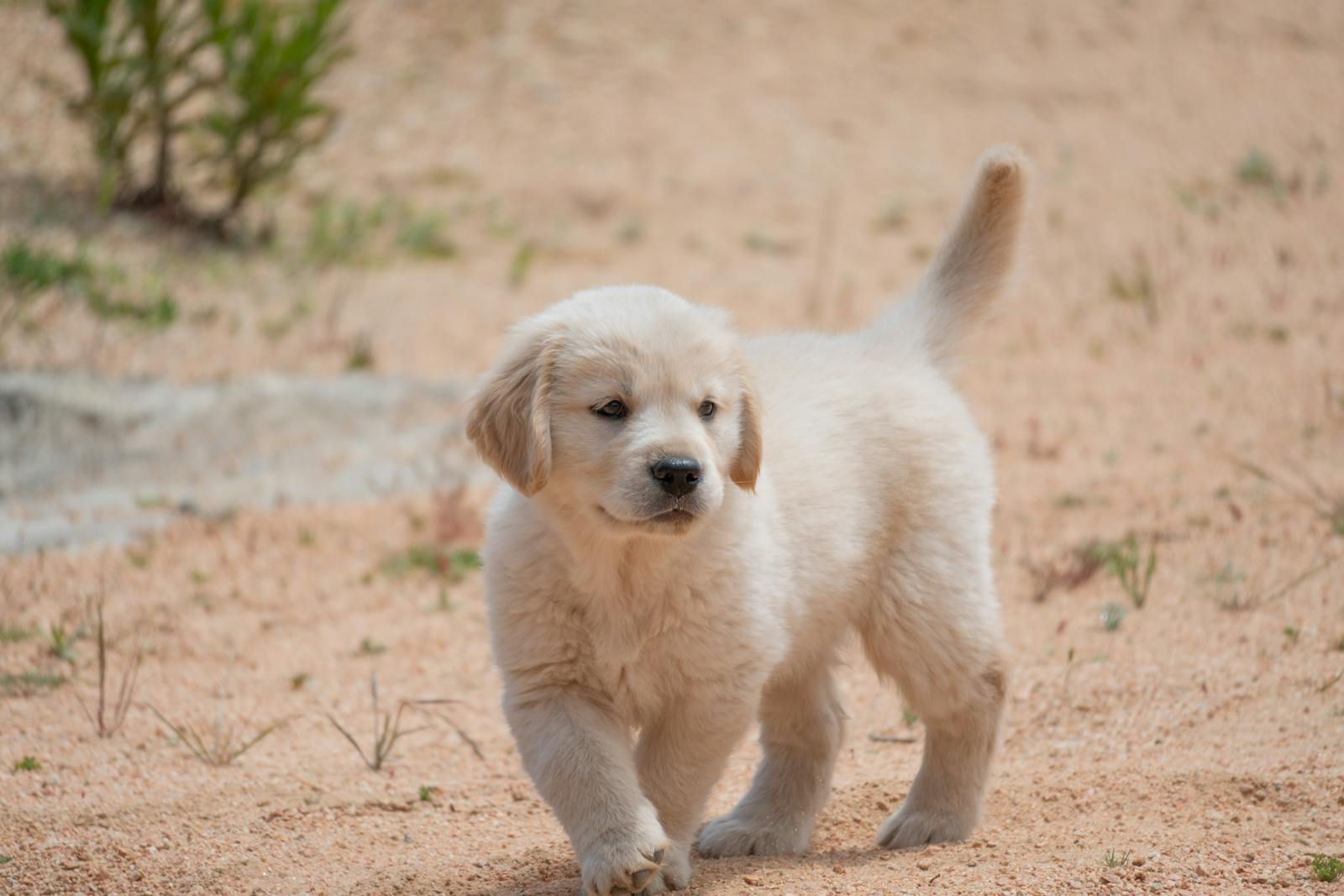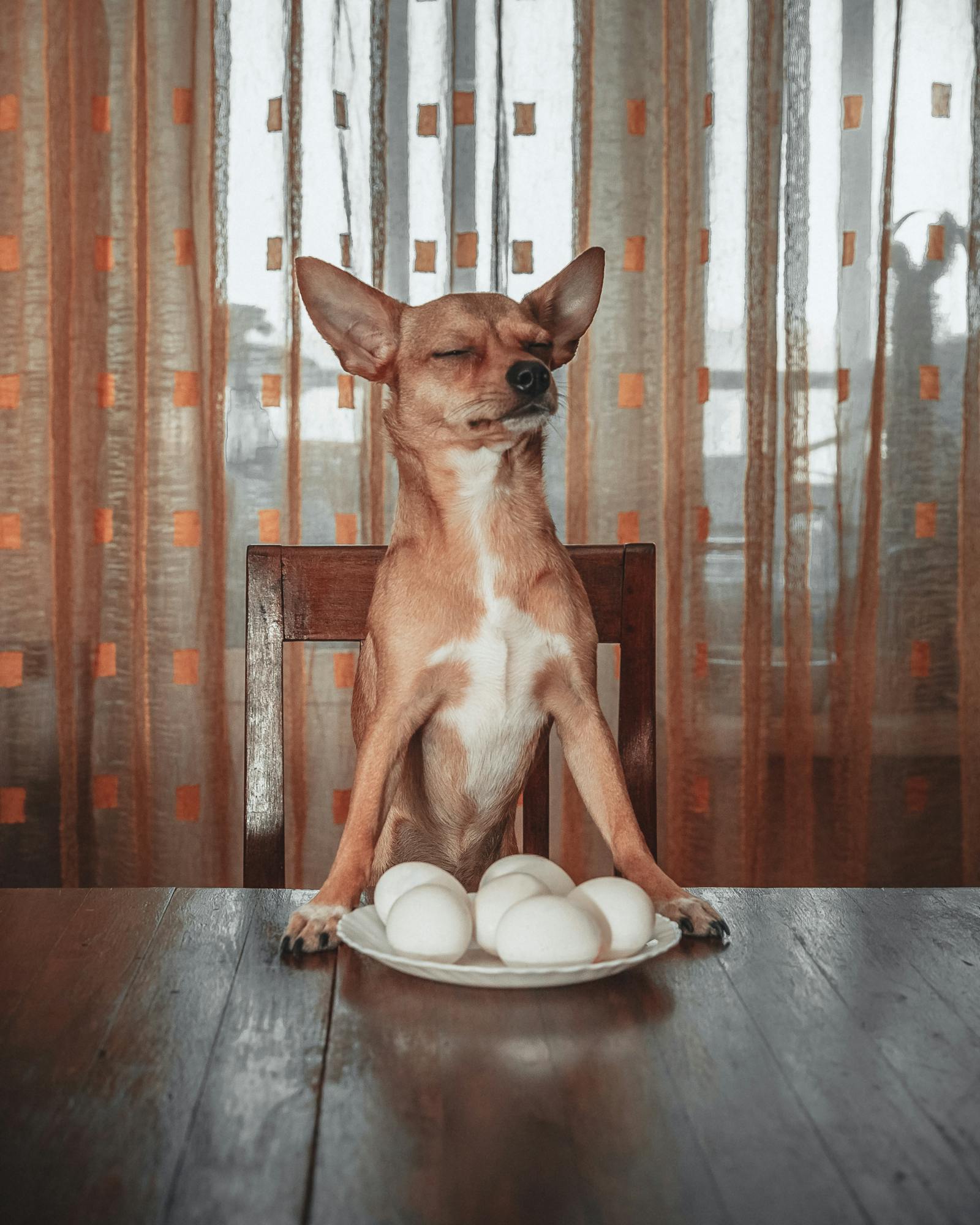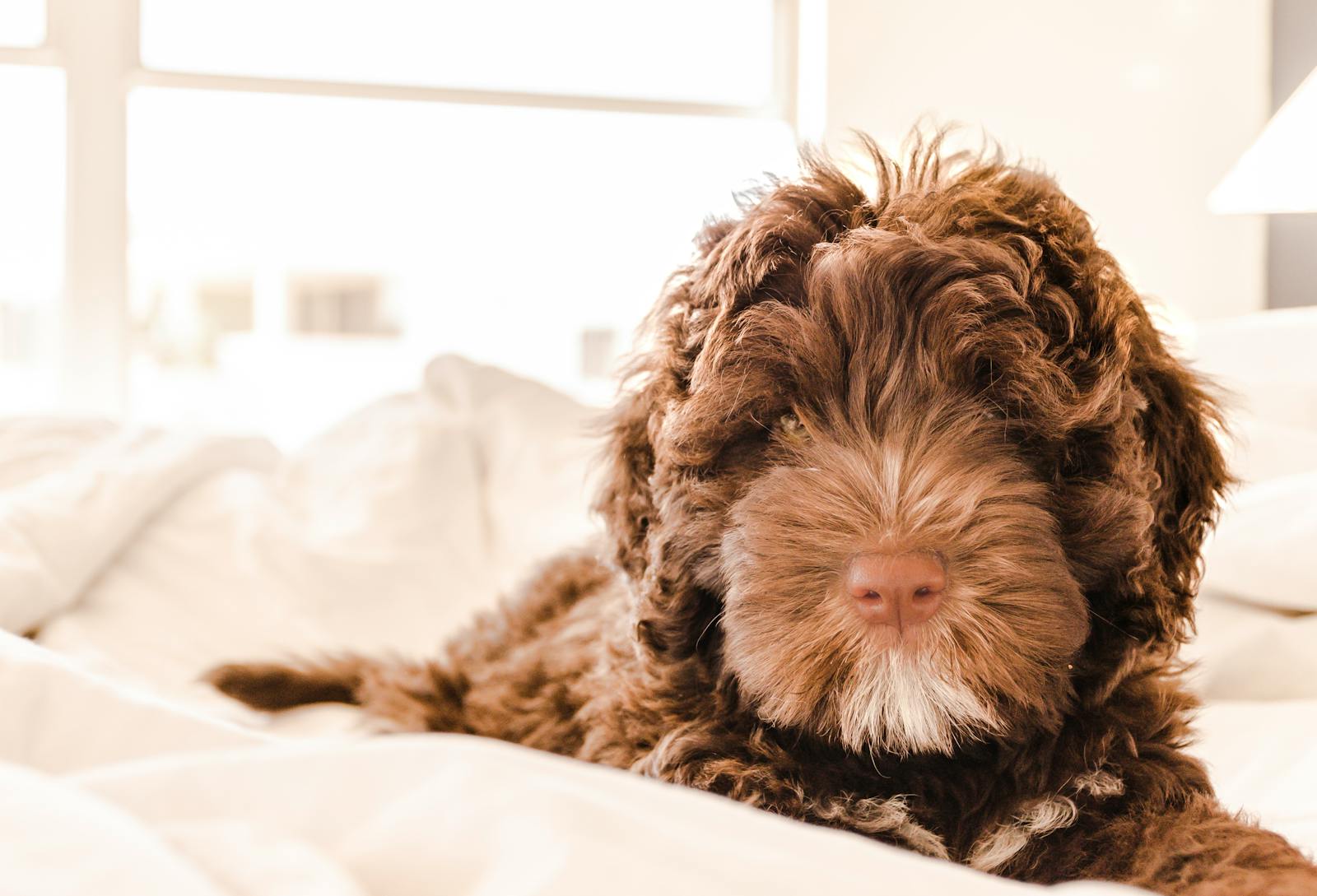Puppy potty training tips
Falling in love with a new puppy is easy. Teaching your new puppy is a completely different story. There’s scientific evidence to confirm that both dogs and their owners show a boost in oxytocin (the hormone responsible for feelings of love and connection) when the dogs make “puppy eyes” at their owners. Well, and puppies always have puppy eyes. From the study in 2015, scientists confirmed that the longer the owners petted and talked to their dogs—as well as looked into their eyes—the higher the levels of oxytocin in both people and dogs.
Coming back to the point of this post, you can train your puppy so many different things. The thing that confuses the first time dog owners is where to even start. Calling a professional dog trainer is a good idea but it is not going to be everything when it comes to knowing and assuring yourself that you have done everything you can to give your new puppy the best possible start.
If one wants to avoid inadvertently helping a dog grow to be an adult with a ton of behavioral problems, it all starts with taking the time needed to train them right, early and consistently.
There are lots of theories around when to start training a puppy. Although there is some logic behind not starting out training when they are barely 3-4 weeks old, however, in general, Puppies are never too young to learn, and your training sessions should start the day you bring your new puppy home.
Here are a few tips to help you be super successful with potty training. Again, this is not an exhaustive or a dogmatic list of THE top most tips; consider these a good starting point especially if you are a first-time dog owner and are confused about where to start. It is important to start somewhere.
1. Where to go potty
Once you have the vaccination schedule sorted, the next important thing to focus on is potty training your puppy. There are there basic steps when it comes to potty training.
First, as soon as you reach home, i.e. as soon as the puppy comes home for the first time, show your puppy their potty spot. Out of excitement or anxiety from the new surroundings, your puppy might relieve itself as soon as it reaches home, which is normal. Make sure not to show signs of irritation or anger. Instead, direct your puppy or take it to the designated potty spot and say something like, “Go potty,” and reward when it does its their business.

The second thing is not much of an action but to do with your mindset in general about how you respond to situations when your puppy makes a mistake. As puppies grow into adults, they learn a lot of things along the way. According to them there isn’t anything right or wrong; there is simply behaviours that are rewarded and the behaviours that aren’t rewarded. For example, if you catch your puppy in an act that is not rewardable, gently interrupt them and take them to the designated place to go potty.
You have to have a positive mindset, in human terms, a growth mindset. That is anything can be improved. So be gentle with your puppy if it commits a mistake.
When they make a mistake, it is a mistake only in your eyes for the puppy is still learning which behaviours are accepted and the ones that aren’t. Scolding them after the fact or rubbing their nose in the mess won’t do you any good—in fact, it’ll seriously damage your budding bond. Scolding is part of the negative reinforcement and most dogs do not take kindly to negative reinforcements. Basically, you want to be a cheerleader for your puppy, finding every small reason to celebrate and create conditions for the puppy to win so you can celebrate more together. This mindset of celebratory relationship building will go a long way in helping the puppy in grow into a confident adult. A confident dog is the one that gets a ton of love and affection from everyone.
2. Establishing the habit
Consistency is key. Everything that the puppy does is habit-forming, including the potty stuff. Things like when and where to go potty in the home need to be very consistent.

We covered where to go in tip 1. When to go is equally important. You could observe the puppy and see that there is a pattern in when they want to go. But if it is the puppy’s first day at home, you can start with taking the puppy out every two hours, that is the designated potty place so the puppy intuitively understands it gets to go out every now and then. As the puppy goes to the potty place regularly, it kind of creates a trigger to create a potty going sense and it does.
Usually, puppies would go several times a day and taking them out every couple of hours is a good idea. Going back to the point around creating conditions for success – taking them out every couple of hours creates these conditions for success.
3. Regular feeding schedule
Feeding your puppy at the same time everyday matters a lot because what goes into a puppy on a schedule comes out of a puppy on a schedule. Depending on how old they are, puppies may need to be fed two or four times a day. Feeding your puppy at the same times each day will make it more likely that they will go potty at consistent times as well, making house training easier for both of you, creating great conditions for success.

Late in the evenings around bed time, limit the amount of water available for the puppy. Not to deprive of them of water but to reduce the number of times the puppy will have to go out in the night. These small things are all habit forming and in about two weeks’ time the puppy will set in the new routing of when they eat, when they drink water, when they play and when to go potty or urinate.
4. Make plans for when you are away
Things happen and you may have to leave your puppy alone for a couple of hours. If this having to be away for longer hours is going to happen a lot, one might be better off not getting a new puppy until the situation improves, i.e. the having to be out of home for a long time is reduced to rare occasions, at least until the puppy can be 8 months old. But if you already have a puppy and must be away for long periods of time, you may need to:
- 1. Arrange for someone, such as a responsible neighbour or a professional pet babysitter, to take them for bathroom breaks.
- 2. Alternatively, you can consider laying out newspapers for the puppy to use when you are away, however, this can create a long term expectation in the puppy to expect newspapers to go potty.
- 3. If you have to clean up an accident outside the designated elimination area, put the soiled rags or paper towels in the designated potty-going area afterward to help your puppy recognize the scented area as the place where they are supposed to eliminate. Also, you might want to spay a de-odour in the area where your puppy accidentally relieved itself so it knows the place you are scenting now isn’t a place to go potty or urinate.
If you are looking for a new pup to adopt, find some of our most adorable pup litters here
For more information about pets and how alldogs.in can help you, please drops us a note at AllDogs.in



